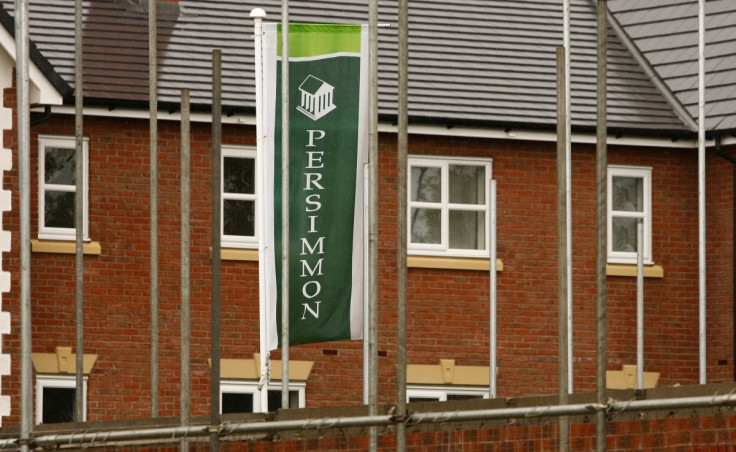Help to Buy Scheme Boosts Persimmon Home Sales

Persimmon was selling significantly more houses during the first fifteen weeks of 2014 than a year before thanks to the government's controversial Help to Buy scheme.
The house builder, one of the UK's largest, said in an interim trading statement that its private sales rate per site was 25% higher over the year.
And around 7,200 homes have been sold in in the first weeks of 2014, 38% higher than the same point in 2013. The average selling price shot up 3% to £200,400 and total forward sales revenue is up by 35%.
Under the Help to Buy scheme, which launched in April 2013, mortgages have been made cheaper and easier to access.
Alongside the improving UK economic recovery, this has boosted demand in the housing market and pushed up house prices - and builders are chasing the potential profits.
There are two parts to Help to Buy. The first helps first-time-buyers of new build properties by offering them an interest free equity loan.
The second is a government guarantee for banks on their mortgage lending, in exchange for a commercial fee. Those mortgages are open to all buyers, apart from buy-to-lets, and on all properties up to a value of £600,000.
Persimmon said Help to Buy's first part had helped it to sell around 5,000 new homes in England.
"The recently announced extension of Help to Buy from March 2016 to March 2020 provides welcome support to potential new home purchasers for this additional four year period," said the firm in its statement.
"As a consequence, and with the support of the mortgage lending industry, house builders have the opportunity to continue to increase the industry's development commitments in support of increasing the number of new homes delivered to the market over the medium term."
Critics of Help to Buy argue it risks fuelling a housing bubble by increasing the flow of cheap mortgages into the economy at a time when interest rates are abnormally low.
The Bank of England's benchmark rate is 0.5%, its record-low, where it has been for six years. Some fear that the inevitable hike in rates will trigger defaults.
However the recovery in housing demand, spurred on in part by Help to Buy, has lifted the ailing construction sector and wider economy.
As a result of higher demand, the Office for National Statistics said the average UK house price rose 9.1% across the year to February 2014 – reaching £253,000.
© Copyright IBTimes 2025. All rights reserved.






















